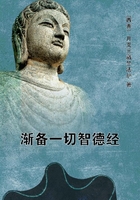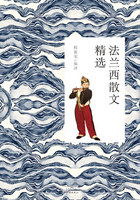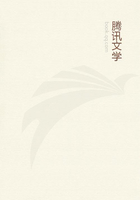THE METHOD
H ere we are, right in Germany! We shall now have to talk metaphysics while talking political economy. And in this again we shall but follow M. Proudhon's "contradictions". Just now he forced us to speak English, to become pretty well English ourselves. Now the scene is changing. M. Proudhon is transporting us to our dear fatherland and is forcing us, whether we like it or not, to become German again.
If the Englishman transforms men into hats, the German transforms hats into ideas. The englishman is Ricardo, rich banker and distinguished economist; the German is Hegel, simple professor at the University of Berlin.
Louis XV, the last absolute monarch and representative of the decadence of French royalty, had attached to his person a physician who was himself France's first economist. This doctor, this economist, represented the imminent and certain triumph of the French bourgeoisie. Doctor Quesnay made a science out of political economy; he summarized it in his famous Tablueau economique . Besides the thousand and one commentaries on this table which have appeared, we possess one by the doctor himself. It is the "analysis of the economic table", followed by "seven important observations".
M. Proudhon is another Dr. Quesnay. He is the Quesnay of the metaphysics of political economy.
Now metaphysics -- indeed all philosophy -- can be summed up, according to Hegel, in method. We must, therefore, try to elucidate the method of M. Proudhon, which is at least as foggy as the Economic Table.
It is for this reason that we are making seven more or less important observations.
If Dr. Proudhon is not pleased with our observations, well, then, he will have to become an Abbe Baydeau and give the "explanation of the economico-metaphysical method" himself.
First Observation "We are not giving a history according to the order in time, but according to the sequence of ideas. Economic phases or categories are in their manifestation sometimes contemporary, sometimes inverted.... Economic theories have nonetheless their logical sequence and their serial relation in the understanding:
it is this order that we flatter our- selves to have discovered."(Proudhon, Vol.I, p.146)
M. Proudhon most certainly wanted to frighten the French by flinging quasi-Hegelian phrases at theM. So we have to deal with two men: firstly with M. Proudhon, and then with Hegel. How does M. Proudhon distinguish himself from other economists? And what part does Hegel play in M. Proudhon's political economy?
Economists express the relations of bourgeois production, the division of labor, credit, money, etc., as fixed, immutable, eternal categories.
M. Proudhon, who has these ready-made categories before him, wants to explain to us the act of formation, the genesis of these categories, principles, laws, ideas, thoughts.
Economists explain how production takes place in the above-mentioned relations themselves are produced, but what they do not explain is how these relations themselves are produced, that is, the historical movement which gave them birth. M. Proudhon, taking these relations for principles, categories, abstract thoughts, has merely to put into order these thoughts, which are to be found alphabetically arranged at the end of every treatise on political economy. The economists' material is the active, energetic life of man; M. Proudhon's material is the dogmas of the economists. But the moment we cease to pursue the historical movement of production relations, of which the categories are but the theoretical expression, the moment we want to see in these categories no more than ideas, spontaneous thoughts, independent of real relations, we are forced to attribute the origin of these thoughts to the movement of pure reason. How does pure, eternal, impersonal reason give rise to these thoughts? How does it proceed in order to produce them?
If we had M. Proudhon's intrepidity in the matter of Hegelianism we should say: it is distinguished in itself from itself. What does this mean? Impersonal reason, having outside itself neither a base on which it can pose itself, nor an object to which it can oppose itself, nor a subject with which it can compose itself, is forced to turn head over heels, in posing itself, opposing itself and composing itself -- position, opposition, composition. Or, to speak Greek -- we have thesis, antithesis, and synthesis.
For those who do not know the Hegelian formula: affirmation, negation and negation of the negation. That is what language means. It is certainly not Hebrew (with due apologies M. Proudhon); but it is the language of this pure reason, separate from the individual. Instead of the ordinary individual with his ordinary manner of speaking and thinking we have nothing but this ordinary manner in itself -- without the individual.

